
Laser Dentistry
Dental lasers can be used for a wide range of treatment, including cavity disinfection, pulp preservation, root canal disinfection, gum treatment, soft and hard tissue healing, temporomandibular joint (TMJ) healing, minimally invasive surgical procedures and etc. Laser dentistry provides a modern, innovative, and overall more comfortable and effective approach to dental care. Lasers are wonderful, resourceful tools in cosmetic, preventive, and restorative dentistry as it disinfects and promotes better healing.
Neither vibration nor pressure is generated during laser treatment. Thus possible damage to healthy portions of the tooth is minimized, and conservation of the precious tooth structure is optimum. Lasers can aid in cleansing the root canal system.
Contact us for more details
Advantages of Laser Treatment
Discover the Clear, Comfortable, and Convenient Way to Straighten Teeth.
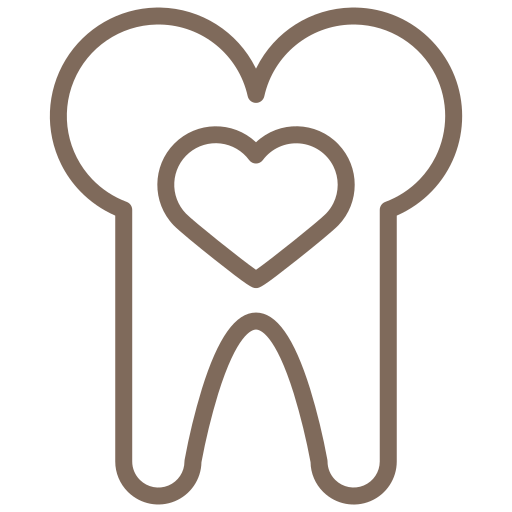
Stimulates pulp cells for faster healing
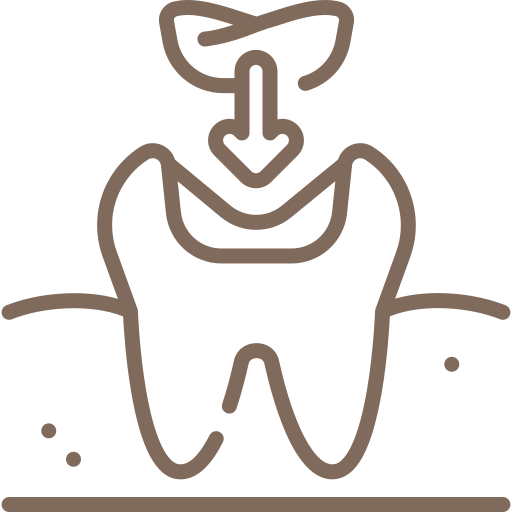
Strengthens filling bond for longer-lasting results

Relieves ulcers, blisters, and reduces post-treatment pain/swelling

Shortens treatment time and lowers cost

Gentle: no heat, vibration, or pressure
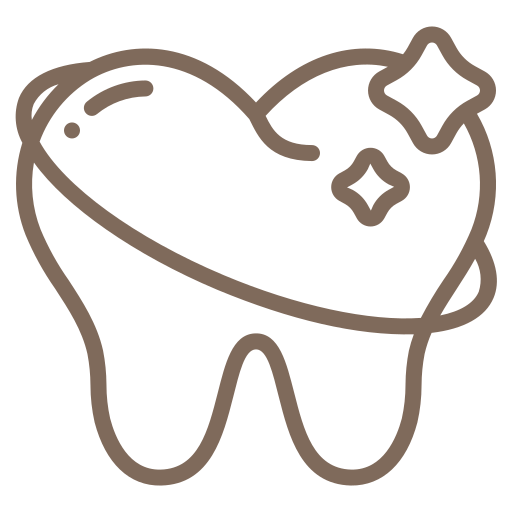
Less need for drilling and anaesthesia
Precise treatment with reduced bacteria in gums and cavities
Support TMJ (Temporomandibular Joint) Healing
Treatment Process
Laser dentistry works by delivering energy in the form of light. The laser acts as a cutting instrument or a vaporizer of tissue that it comes in contact with, when used for surgical and dental procedures. The laser helps to strengthen the bond between the filling material and the tooth surface, when used for hardening of a filling material.
01
02
03
04
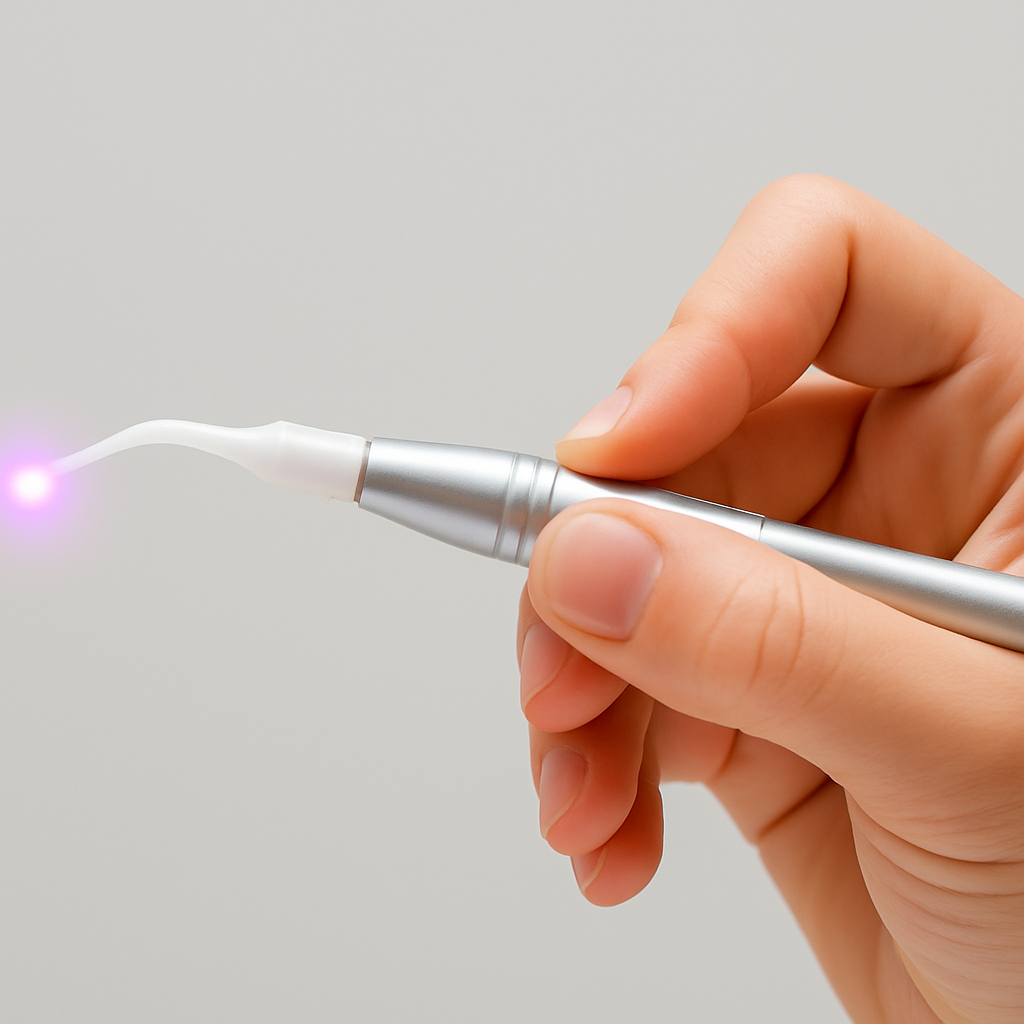
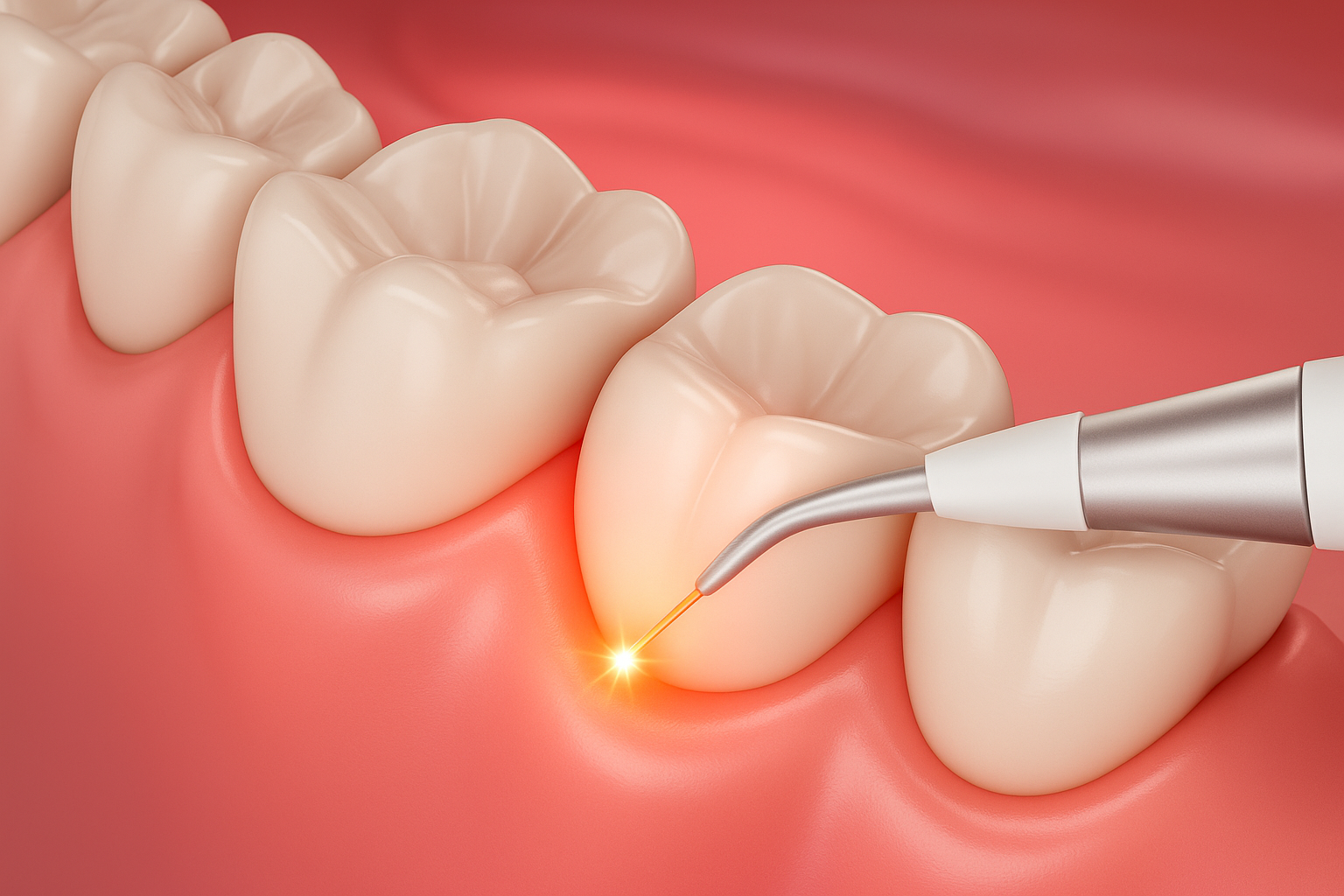
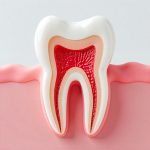
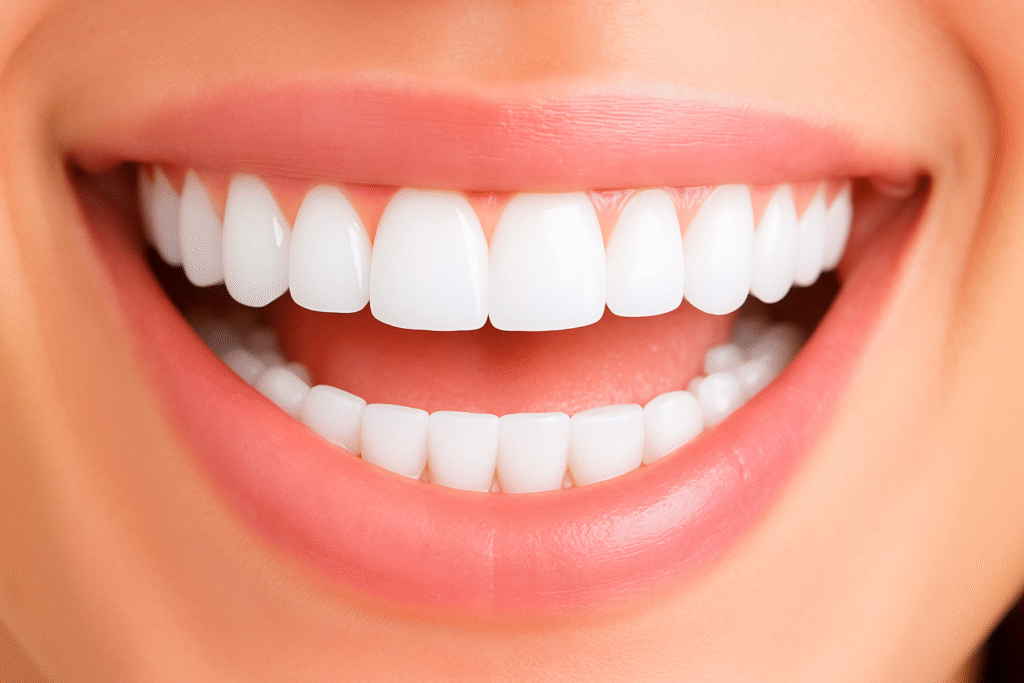
01
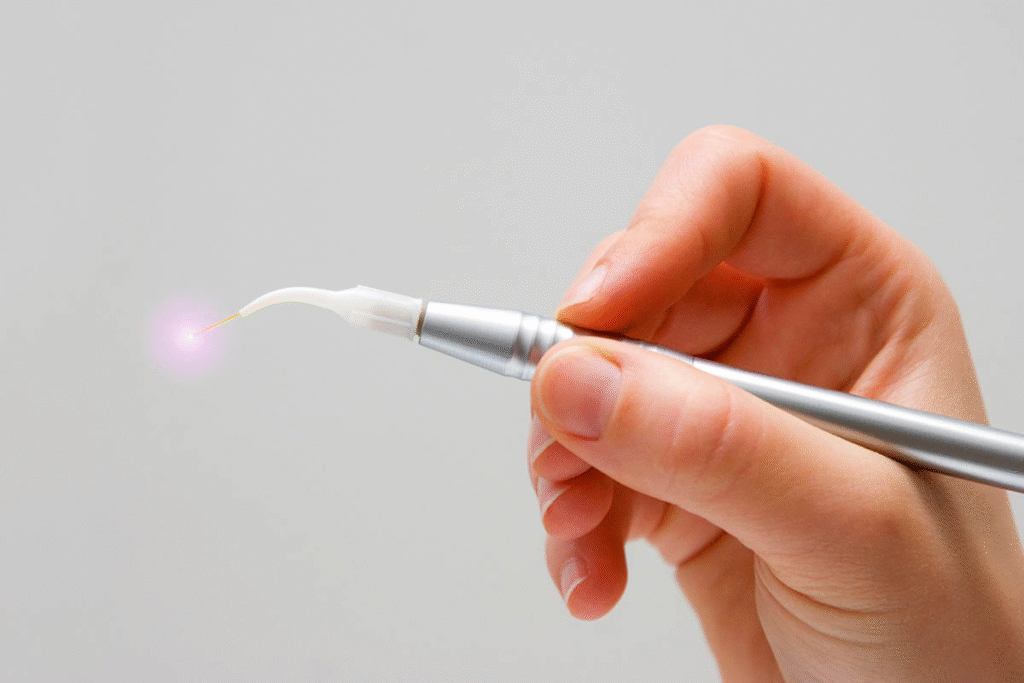
02

03

04
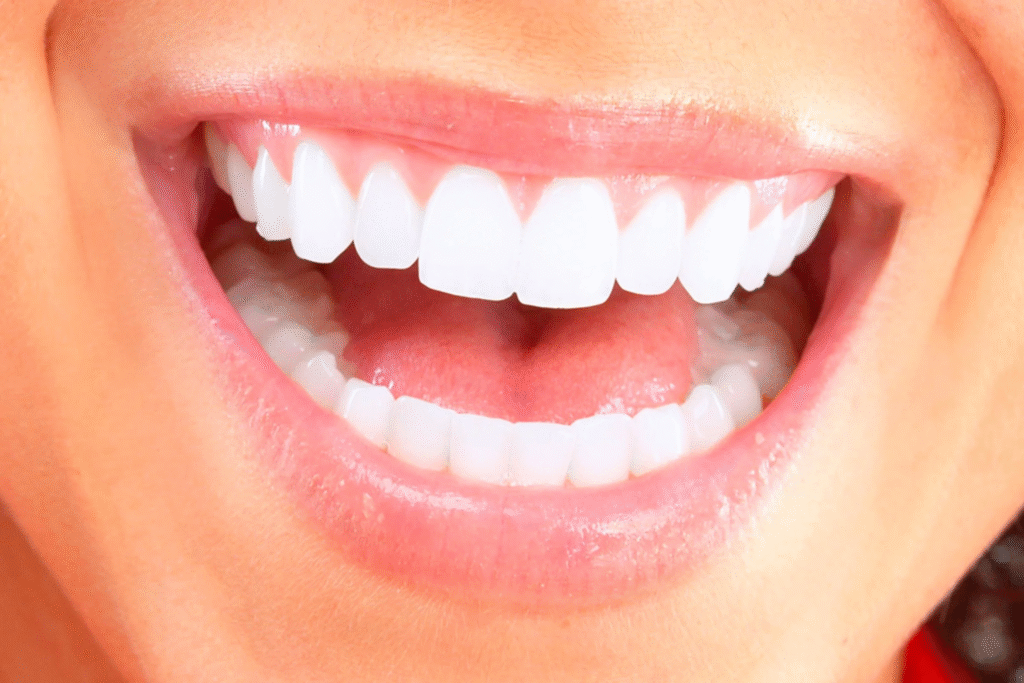
Recommend For Laser Treatment
FAQ – Laser Dentistry
What is laser dentistry?
Laser dentistry uses advanced light technology to treat teeth and gums with high precision, reducing the need for scalpels.
What conditions can be treated with dental lasers?
Lasers are commonly used for cavity removal, gum healing, root canal disinfection, oral ulcer treatment, and stimulating tissue regeneration.
How does it differ from conventional methods?
Unlike traditional tools, lasers are gentle, produce no vibration or pressure, and often result in faster, more comfortable healing.
Is laser dentistry safe?
Yes. When operated by trained professionals, dental lasers are safe and designed to target only the intended tissues while protecting surrounding areas.
Will I feel pain during treatment?
Most patients report minimal discomfort. In many cases, anesthesia is unnecessary or only lightly applied because the laser works smoothly.
How is the recovery process?
Healing is usually faster than with conventional methods, with less post-treatment swelling, bleeding, and pain.
Is laser treatment expensive?
While equipment is advanced, the reduced need for anesthesia, fewer complications, and quicker recovery can make it cost-effective overall.

